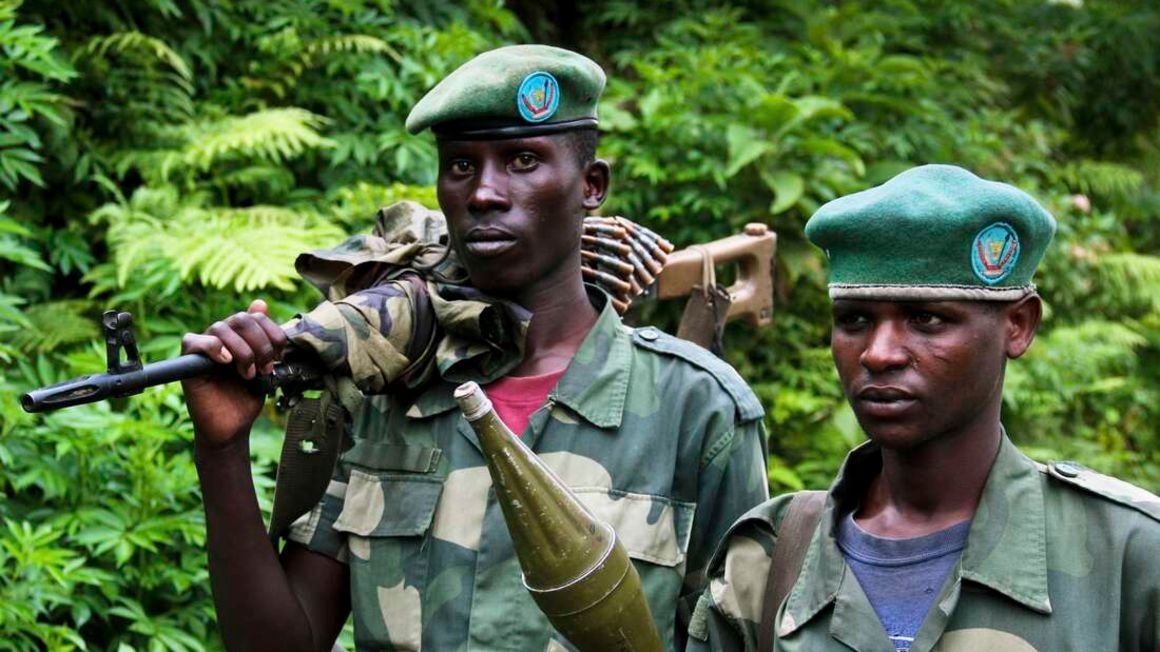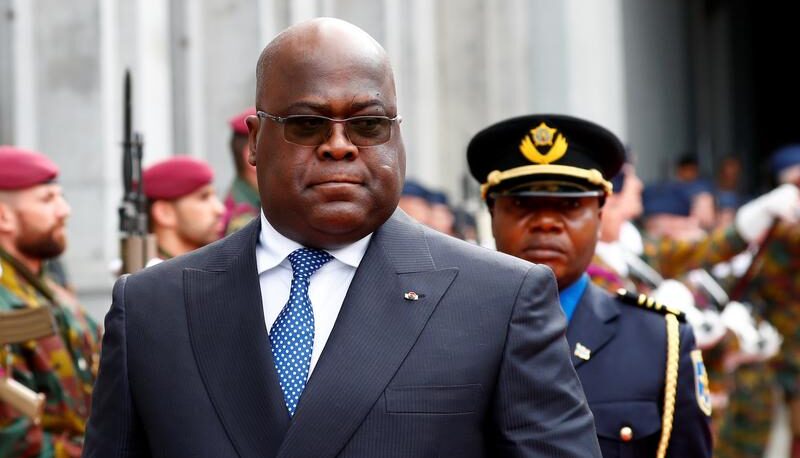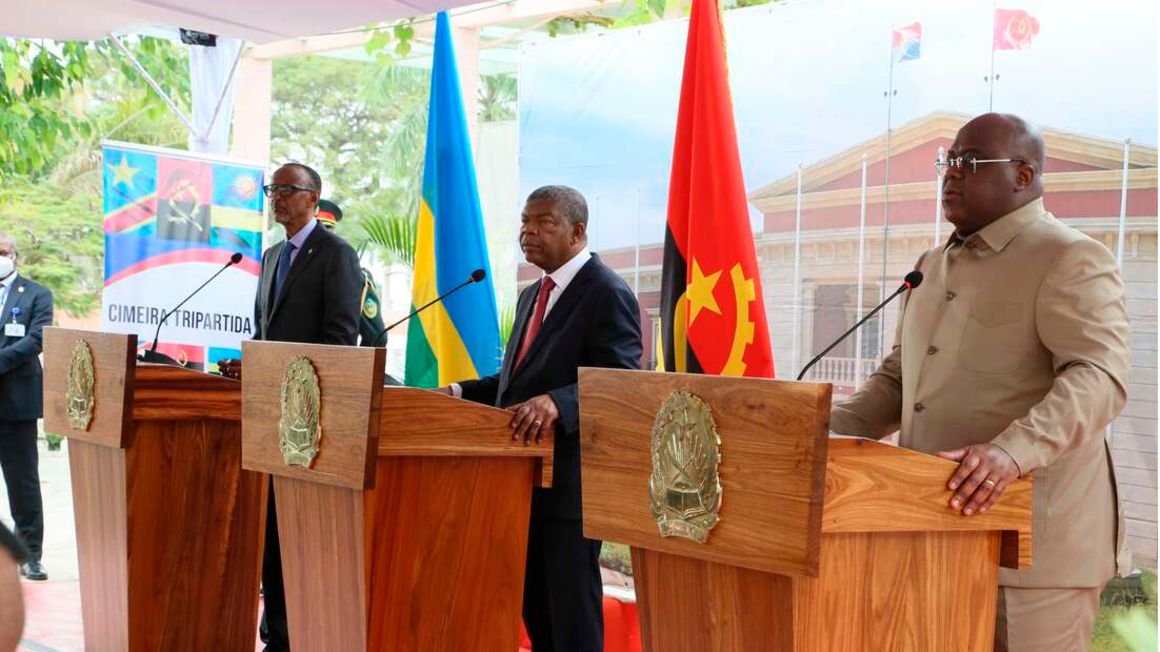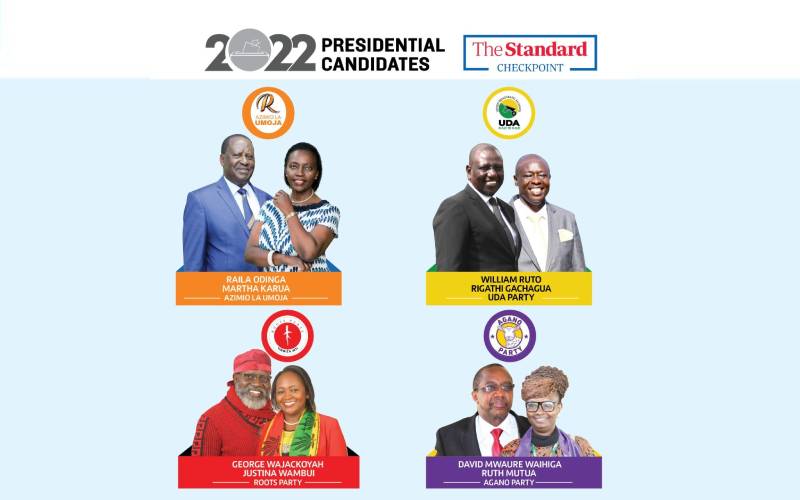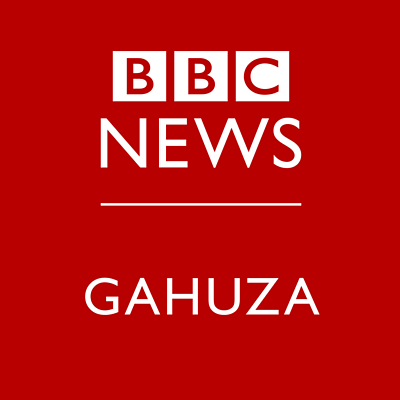Regional
Tshisekedi’s political quagmire as 2023 draws near
.jpeg-20220721095555000000.jpeg)
As the
Democratic Republic of Congo (DRC) readies for presidential elections in 2023,
President Felix Tshisekedi is expected to defend his seat for a second term. Most
likely, it won’t be easy for him.
In
2018, election results were strongly contested, with Martin Fayulu who believed
he had won saying he was short changed by the Independent National Electoral
Commission (CENI).
The
long delays to present the final results (10 days after the elections) were
highly suspicious. Then President, Joseph Kabila, wanted Tshisekedi as his
successor, and as such, Tshisekedi is said to have ascended to power with no
popular support.
Strong opposition
This
time, the opposition is determined to push Tshisekedi out. But he is also
trying all political acrobatics to cling on, although there are many voices saying
that there is nothing tangible the DRC leader has achieved after four years in
power. On July 18, a prominent politician, Jean-Marc
Kabund, launched a new political party - Alliance for Change (AC) - to
challenge Tshisekedi in 2023.
Jean-Marc Kabund
At a
press conference in Kinshasa, attended by other opposition politicians, he
criticized the Tshisekedi regime. He said it is characterized by amateurism,
lies, and misappropriation of state resources. On the insecurity in the east of
the country, Kabund said that it reflects the inability of the President to
lead the country.
Kabund
was interim president of the Union for Democracy and Social Progress (UDPS), the
party of Tshisekedi. He is also the former first vice-president of the National
Assembly. His divorce with UDPS is believed to be a big blow to Tshisekedi’s
party.
Former Prime Minister, Augustin Matata Ponyo, also
announced, in May, his presidential ambition when he officially launched his political
party, Leadership and Governance for Development (LGD). Matata declared that he
had a dream for his country that will make him follow the footsteps of Congolese
independence hero Patrice Lumumba.
"A dream like that of Patrice Emery Lumumba, to
have in the center of the continent an economic power at the service of the
Congolese, the Africans and the world. This dream is possible!"
The
former head of government was indicted last year by the state for allegedly
embezzling more than $200 million in public funds. The constitutional court
later dismissed the case saying it has no jurisdiction over the matter. Matata
denounced the indictment as a political plot against his person meant to lock
him out of the 2023 presidential elections.
What is Tshisekedi’s game plan?
In
2021, Tshisekedi appointed a new president of the Independent National
Electoral Commission, Denis Kadima. The opposition and civil society then
accuse Tshisekedi of plotting to rig elections come 2023. A report published in June by the European Network for Central Africa
(EurAc), cites many fears regarding unpreparedness of the electoral body to
conduct free and fair elections.
“After the controversial
appointment of the new President of the Independent National Electoral
Commission (CENI), Mr. Denis Kadima, in October 2021, civil society is
concerned about the delay in setting up his team, which will have the heavy task
of organising the elections, and about the announcement of the electoral
timetable setting out the stages in the organisation of the elections.”
The EurAc report says that the political and
social context in which the elections will take place is also worrying and characterized
by the lack of consensus between the stakeholders, the fragility of the party
system following the reorganization of the parliamentary majority, numerous
uncertainties concerning the electoral reform under way, as well as weariness
on the part of the citizens with regard to the election process.
Although
Tshisekedi hand-picked Kadima with
hopes of helping him to
manipulate the outcome of 2023 elections,
political analysts speculate that Tshisekedi is likely to buy more time to
organize his political party, by pushing the
elections beyond 2023, citing lack of funds for the electoral commission
to run things. There are fears that if this happens, it will spark a major
political crisis that will be difficult for Tshisekedi to overcome.
The M23 factor
Since
the resumption of hostilities between government forces and the M23 rebels,
Tshisekedi has denied to admit that this is a Congolese internal problem that
needs a political solution. Instead, he diverts attention by falsely blaming
Rwanda for supporting the rebels. Tshisekedi may be right, on one hand, to make
such false accusations. Eastern DRC is far away from Kinshasa (more than
2,500kms) for him to know the reality on the ground as the army commanders and local
administrators feed him with false reports for their own interests. This is no
excuse though, for a head of state to rely on lies, as it exposes his weak and
ineffective governance of the state.
By
claiming that the M23 rebellion is created by Rwanda, Tshisekedi is soliciting
for the support and unity of all political actors, and the general population,
to focus on the ‘external enemy,’ and forget about the internal weaknesses of
his government.
It
is widely believed that Tshisekedi may be interested in a prolonged war with
M23, to help him declare a state of emergency, as an excuse to postpone the
elections.
The
big question is: will the opposition allow Tshisekedi to play these political
theatrics simply for his survival?


